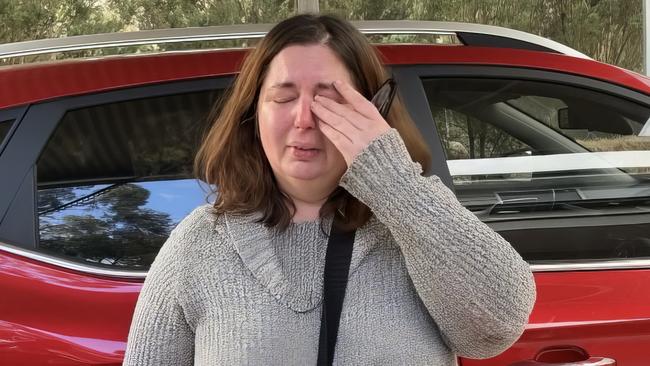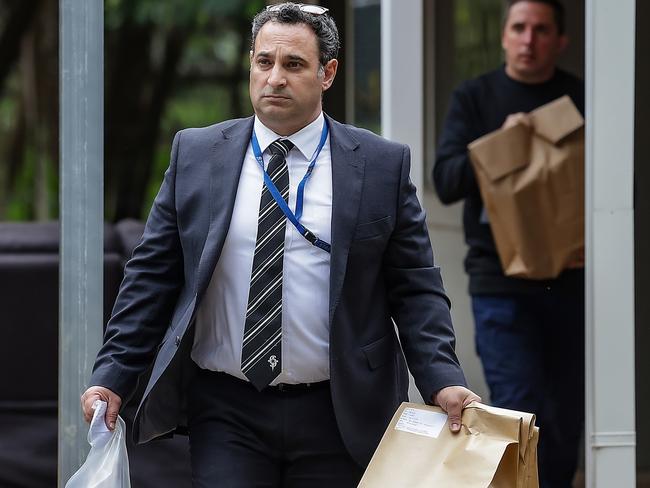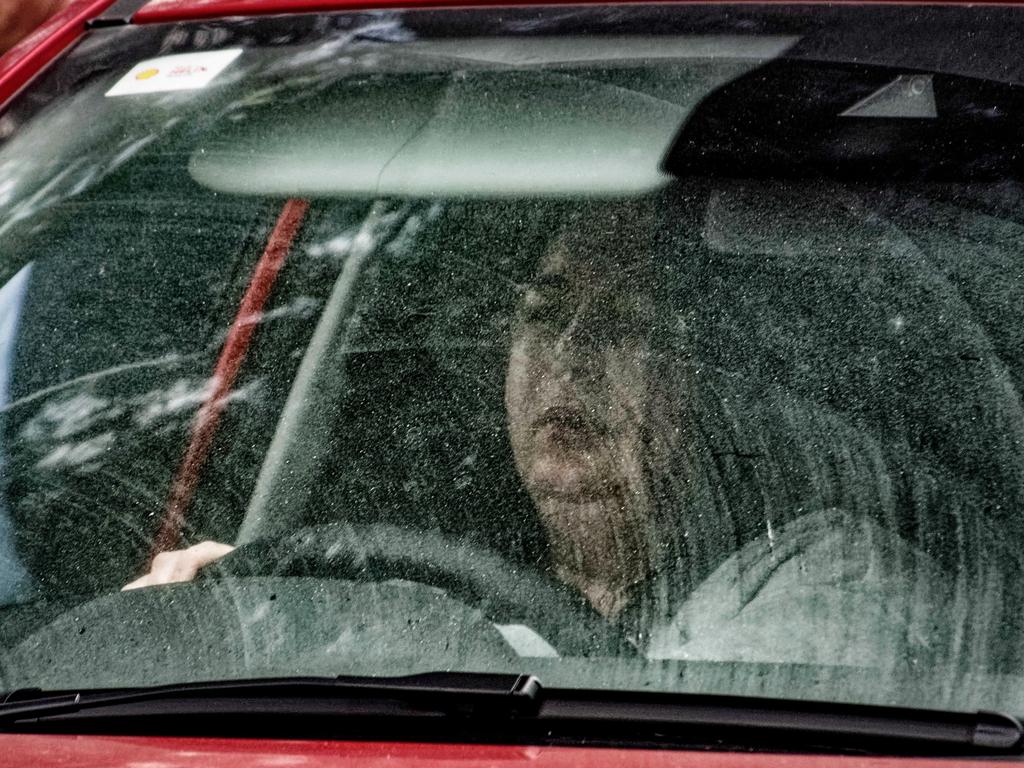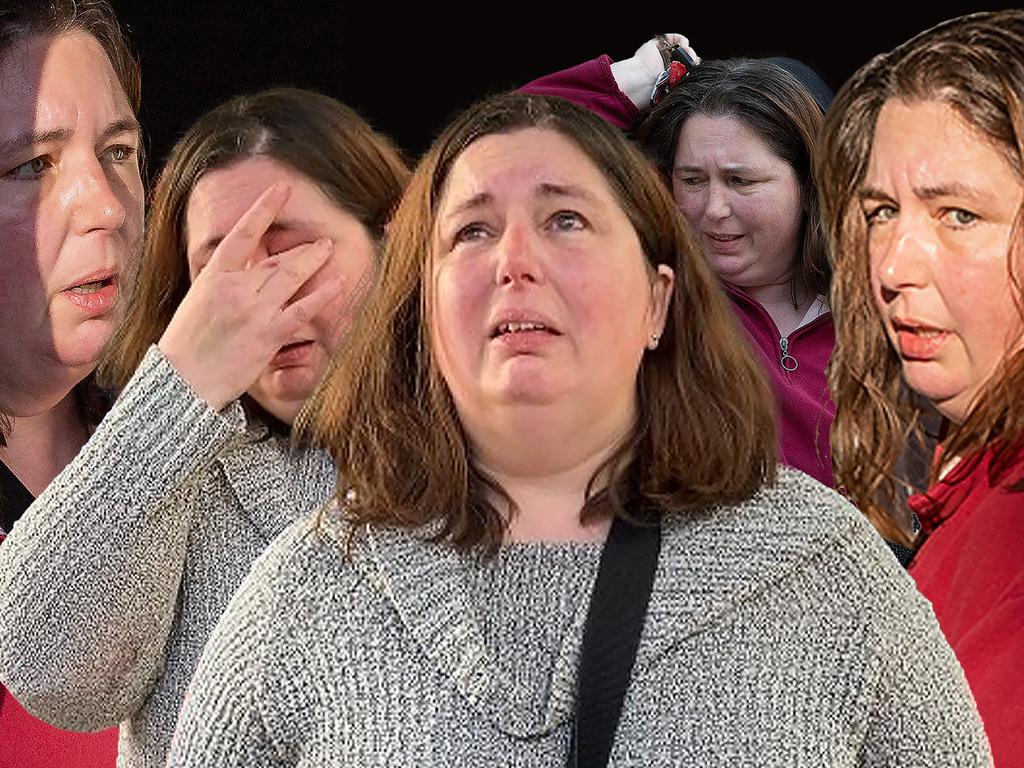Mushroom accused’s alleged knowledge key: KC
Police will need to prove the woman charged with the death cap mushrooms murders knew how toxic they were, according to a prominent lawyer.

Police will need to show the woman charged with killing three people after serving a mushroom meal had detailed knowledge of the effects of the funghi at the centre of the deaths, according to a leading lawyer.
David Galbally KC said the fundamental issue for the prosecution would be to prove that there was intent behind the cooking of the beef wellington meal, which also seriously injured another elderly man.
Police are still sifting through evidence gathered at Erin Patterson’s house on the day she was charged with killing three elderly people who were well known to her, and for allegedly attempting to kill two others.
Mr Galbally said defence lawyers would have to wait to see what evidence police had compiled against Ms Patterson, 49, of Leongatha, who is believed to be being held on remand at Dame Phyllis Frost Centre in Melbourne’s outer west.
The prison is a maximum security facility and Ms Patterson will live prison life with few advantages aside from not being required to work, with inmates paid modest amounts of money to help pay for phone calls and other essentials.

She is likely to be something of a prison celebrity given the high-profile nature of the alleged crimes, but will be held in better conditions than when the late cardinal George Pell was initially taken to the Melbourne Remand Centre, which is used for men and has a reputation for being chaotic.
Mr Galbally said the brief of evidence, due to be handed over by about March, would trigger the defence to look closely at what the police would allege.
“That’s the first thing,’’ he said. “They’d have to show she had specific knowledge of the effects of the mushrooms.”
He said that what, if any, knowledge Ms Patterson had of the effects of death cap mushrooms would be “terribly important”.
Ms Patterson is charged with killing Heather Wilkinson, 66, Gail Patterson, 70, and Don Patterson, 70, who all died from what police suspect was toxic mushroom poisoning.
She is also charged with attempting to kill Baptist minister Ian Wilkinson, 68, once and her former husband Simon Patterson, 48, several times.
Veteran former homicide squad detective Charlie Bezzina said the defence would test the evidence against Ms Patterson at the committal stage next year, which will determine whether or not the case goes to a higher court.

He thought is was “a little bit unusual” that Ms Patterson was charged last month when police then sought a lengthy delay to examine telecommunications equipment from Ms Patterson’s house.
“She wasn’t going to abscond,’’ Mr Bezzina said.
He said the police would need to gave a strong brief of evidence but that even if the magistrate did not push the case to a higher court, prosecutors had the power to “directly present her”.
He said it was impossible to dissect the case until the evidence was made public and that, self-evidently, the defence would be looking for Ms Patterson to be freed without conviction.
Criminal lawyer Emma Turnbull, who is not representing Ms Patterson, said the defence team would start with the primary aim of having all charges withdrawn.
Ms Turnbull said that generally speaking the decision on court strategy hinged on the brief of evidence and determine what other information police might act on.
The meal that allegedly killed the three elderly people was served on July 29 at her house and Ms Patterson has previously stridently denied any wrongdoing, stressing she was close to Mr Patterson’s parents.
Toxicology reports are expected to be central to the police case, with the three alleged murders listed as Heidelberg in inner Melbourne, which is where the three died on August 4 and August 5.
The Australian broke the news of the alleged mass poisoning.







